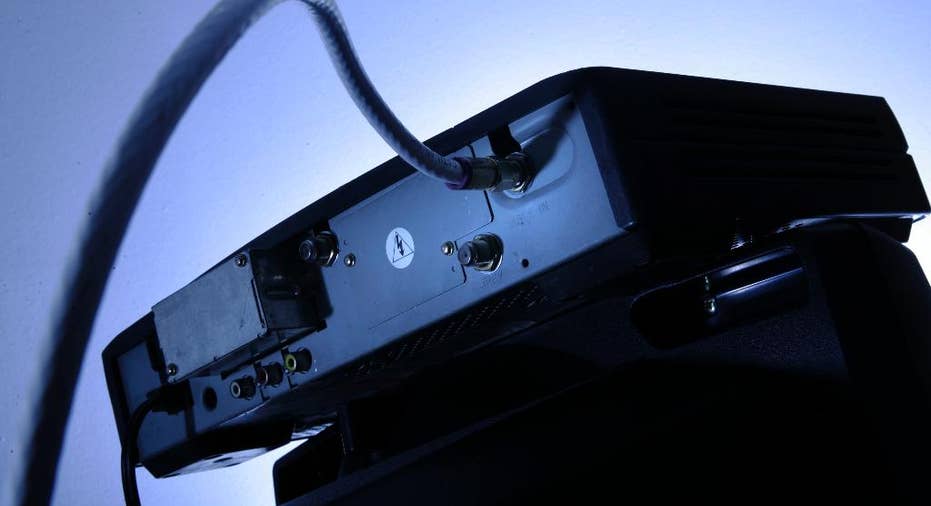FCC to Vote on Set-Top Box Competition Proposal

The Federal Communications Commission on Thursday will vote on a proposal to let consumers swap pricey cable boxes for cheaper devices and apps, to boost competition in the $20 billion television set-top box market.
The proposed regulation, unveiled by FCC Chairman Tom Wheeler in January, would allow customers to obtain video services from providers such as Alphabet, Apple and Tivo, instead of cable, satellite and other television providers such Comcast and Verizon Communications.
The proposal has set off a frenzied lobbying battle pitting a tech industry eager to tap into the lucrative market against cable and TV companies, which could lose billions of dollars in rental fees for set-top boxes.
Nearly all U.S. customers now must get their boxes from their cable companies, and they pay on average $231 a year to lease the devices.
The FCC has said that opening the set-top box market for alternatives such as a smart TV or tablet would help lower prices for consumers, noting that set-top box rental fees have risen 185 percent since 1994.
But the cable companies vehemently oppose the initiative, saying the video marketplace is already evolving as more customers replace traditional pay TV services with streaming Internet video.
Underscoring the fierce industry battle and the FCC's concerns about it, the agency on Tuesday abruptly canceled a Twitter town hall at which it was slated to detail the proposal and its impact on minority and independent programmers.
An FCC spokeswoman said the so-called Sunshine Act prohibits outside parties from lobbying the FCC on a pending item during the week before a full commission vote, and added that the town hall will be rescheduled after the proposal was voted on by the commission and released publicly.
The proposed rule would require cable and satellite providers to give alternative device makers - their eventual competitors - access to cable and satellite programming.
While that is currently possible, cable and satellite companies often impose restrictions on third-party device makers, resulting in a virtual lockup of the market, where 99 percent of their customers lease one or more set-top box from the companies.
(Editing by Soyoung Kim and Steve Orlofsky)



















